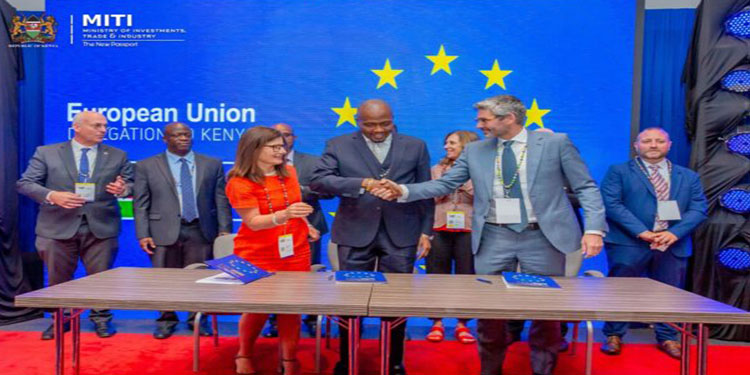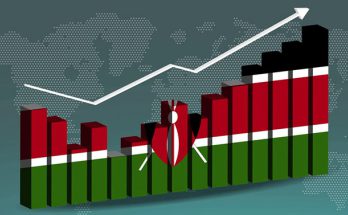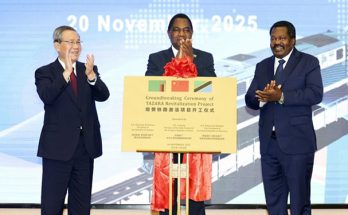
In an effort to strengthen ties in the face of competition from China, the European Union announced that it would increase its investments in Kenya by hundreds of millions of dollars.
Henriette Geiger, the EU ambassador to Kenya, said at the beginning of a two-day business forum in Nairobi, Kenya, that the deals will allow “untapped potential to be uncovered and exploited.”
As part of the agreements, the European Investment Bank has pledged 200 million USD to assist the Trade and Development Bank, which is governed by several African nations, in assisting businesses in eastern and southern Africa.
The EU’s Global Gateway initiative, according to Geiger, seeks to mobilise up to 340 billion USD to support public and private infrastructure projects worldwide by 2027.
In order to address the most urgent global challenges, she said, Europe must forge stronger connections with the rest of the world.
Kenya is the economic hub of east Africa and is regarded by the international community as a dependable democracy in a volatile area.
Currently, the EU is Kenya’s third-largest source of imports and the country’s top export market for goods like flowers.
Attending the business forum was France’s Minister of Trade Olivier Becht, who told AFP that his nation would provide 32 million USD to build eight sports facilities in Kenya.
Every investor who wants to take part in Kenya’s economic expansion can, according to Becht. “There is no race to do more between Chinese and French businesses,”
A Chinese company with Chinese financing built Kenya’s largest infrastructure project, a 5 billion USD railway line connecting Nairobi to the port city of Mombasa, which opened in 2017.
Becht stated that he spoke with Ruto about the project and added that more discussions were anticipated, but he would not go into further detail.
After the meeting, Ruto posted on Twitter, “Kenya seeks a win-win relationship that drives economic growth.” This guiding principle underpins all of our interactions with France in the areas of trade, energy, health, and infrastructure.
Last year, the EU invited 40 African leaders to a two-day summit in Brussels with the goal of reviving ties through investment.



